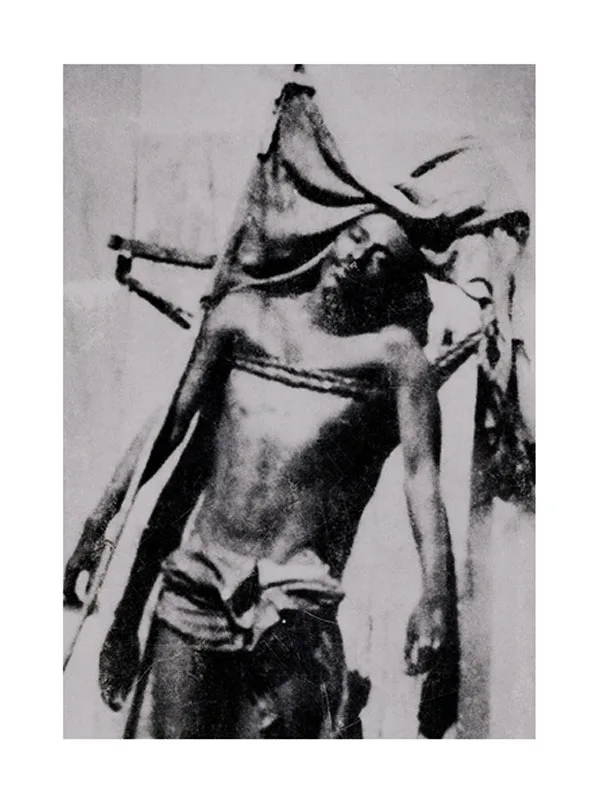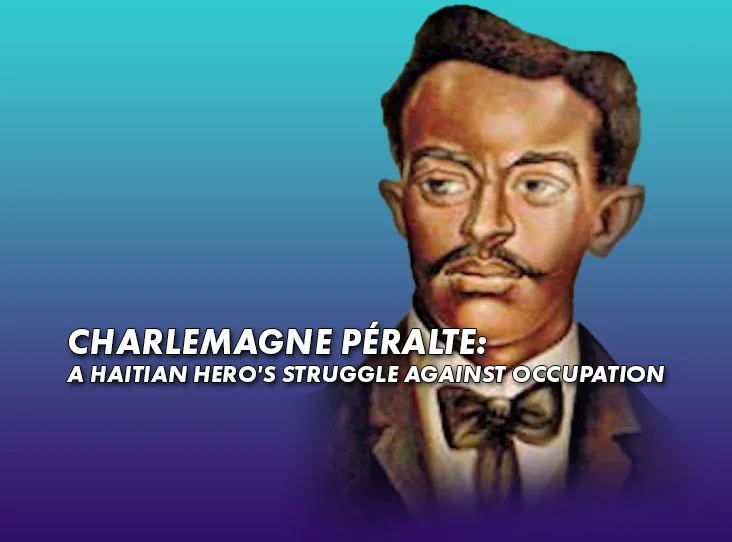Table of Contents
Early Life
Charlemagne Péralte was born on October 20, 1886, in Hinche, Haiti, during a time when the country was grappling with political instability and foreign intervention. Little is known about his early life, but it is believed that he came from a modest background, and his experiences growing up in Haiti undoubtedly shaped his later commitment to resisting foreign interference.
Military Career
Péralte’s journey into the military began during a tumultuous period in Haiti’s history. The United States invaded Haiti in 1915, and the occupation was met with resistance from various factions within the country. Péralte emerged as a charismatic and capable military leader, rallying a group of rebels against the foreign occupation.
The Cacos Rebellion
Charlemagne Péralte became the face of the Cacos Rebellion, a movement named after a historical term used to describe Haitian rebels who resisted foreign rule. Under Péralte’s leadership, the Cacos fought fiercely against the U.S. Marines and the Haitian Constabulary, which were seen as instruments of foreign control.
The Cacos Rebellion was not just a military struggle; it was a symbol of Haitian resistance against imperialism and a quest for national sovereignty. Péralte’s forces engaged in guerrilla warfare, utilizing the rugged terrain of Haiti to their advantage.
Ideological Vision
Péralte was not merely a military leader; he was also a visionary who articulated a clear ideological stance. He sought to free Haiti from foreign dominance and build a nation where Haitians could determine their destiny without external interference. Péralte’s vision included establishing a government that prioritized the welfare of the Haitian people and resisted the economic exploitation that often accompanied foreign intervention.
Betrayal and Death

In 1919, Charlemagne Péralte’s life and the Cacos Rebellion took a tragic turn. A former supporter betrayed Péralte, providing information to the U.S. Marines about his whereabouts. In November 1919, Péralte was ambushed and killed by U.S. forces. His body was photographed and displayed in a grotesque attempt to demoralize the Haitian resistance.
Péralte’s death marked a turning point in the Cacos Rebellion. While the armed resistance continued for some time after his death, the loss of their charismatic leader dealt a significant blow to the movement.
Legacy
Charlemagne Péralte’s legacy endured long after his death. He became a symbol of Haitian resistance and a national hero. His life and sacrifice inspired subsequent generations to fight for Haitian independence and sovereignty. In the decades that followed, Péralte’s memory lived on in the hearts of those who sought to uphold the principles for which he had fought.
In modern Haiti, Charlemagne Péralte is remembered as a courageous leader who stood against foreign occupation and dedicated his life to the pursuit of a free and sovereign nation. His contributions to Haitian history continue to be celebrated, and his story serves as a reminder of the enduring spirit of resistance against injustice and oppression.
Author
Stay connected for new publications, events, and more.







More Stories
Le pape Léon XIV : un pontife historique qui jette un pont entre les continents et les cultures
What Happens When a Pope Dies
Le Prix de la Liberté : 17 Avril 1825, une Ordonnance Injuste. Déclaration de Macron